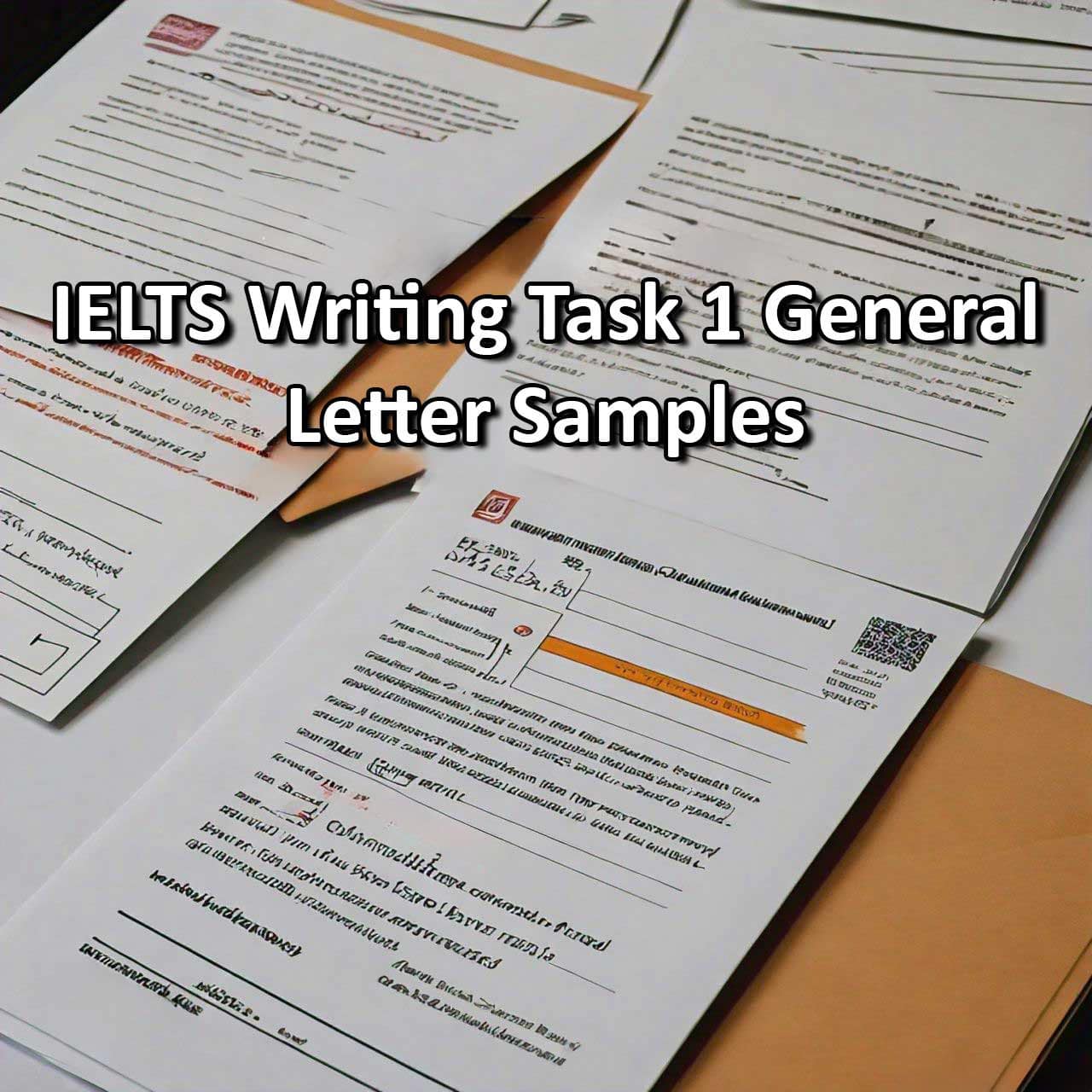The choice of vocabulary in writing plays a crucial role in effectively conveying ideas, tone, and style. Whether you’re crafting an academic essay, a business report, or a creative piece, selecting appropriate vocabulary tailored to the specific task is essential for clarity, precision, and impact. In this blog post, we’ll explore the importance of choosing appropriate vocabulary for different writing tasks and provide strategies to help you make the best lexical choices.
Table of Contents
Why Vocabulary Selection Matters
1. Clarity and Precision:
– Using the right words ensures that your message is communicated clearly and accurately. Precise vocabulary helps eliminate ambiguity and ensures that your intended meaning is conveyed effectively.
2. Tone and Style:
– Vocabulary sets the tone and style of your writing. Whether you’re aiming for a formal, academic tone or a more conversational, informal style, the words you choose will shape the overall impression of your piece.
3. Audience Understanding:
– Tailoring your vocabulary to your audience’s level of understanding is crucial for ensuring comprehension. Using overly complex or technical language may alienate readers, while overly simplistic language may come across as patronizing.
4. Engagement and Interest:
– Well-chosen vocabulary can captivate and engage your readers, making your writing more compelling and memorable. Vivid and descriptive language can evoke emotions, paint vivid imagery, and draw readers into your narrative.
Strategies for Vocabulary Selection
1. Know Your Audience:
– Consider the background, knowledge level, and expectations of your audience when selecting vocabulary. Tailor your language to suit their comprehension level and familiarity with the topic.
2. Match Vocabulary to Purpose and Genre:
– Different writing tasks and genres require different vocabulary choices. Academic writing may necessitate more formal and technical language, while creative writing allows for more expressive and imaginative vocabulary.
3. Use Contextual Clues:
– Pay attention to the context of your writing and use contextual clues to guide your vocabulary selection. Consider the tone, style, and purpose of your piece, as well as the specific details and imagery you want to convey.
4. Avoid Jargon and Overly Complex Language:
– Unless writing for a specialized audience, avoid using excessive jargon or overly complex language that may confuse or alienate readers. Opt for clarity and simplicity whenever possible, choosing words that are familiar and easily understood.
5. Be Descriptive and Specific:
– Choose descriptive and specific language to paint vivid imagery and convey precise meaning. Use adjectives, adverbs, and sensory language to create a rich and immersive experience for your readers.
6. Vary Your Vocabulary:
– Avoid repetitive or monotonous language by varying your vocabulary. Use synonyms and alternative expressions to keep your writing fresh and engaging.
7. Revise and Edit Carefully:
– Take time to revise and edit your writing to ensure that your vocabulary choices are appropriate and effective. Consider whether each word contributes to the overall clarity, tone, and impact of your piece.
Conclusion
Selecting appropriate vocabulary for different writing tasks is a skill that requires careful consideration and practice. By understanding the importance of vocabulary selection for clarity, tone, audience understanding, and engagement, you can enhance the effectiveness of your writing and convey your message with precision and impact. Remember to know your audience, match vocabulary to purpose and genre, use contextual clues, avoid jargon, be descriptive and specific, vary your vocabulary, and revise and edit carefully. With practice and attention to detail, you’ll become adept at choosing the right words to express yourself effectively in any writing task.



